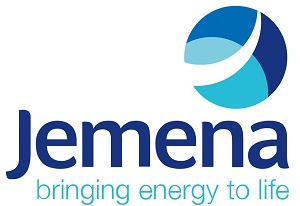
P&GJ– Australia's Jemena said it has commenced construction of the Atlas Gas Pipeline, a 38-mile (60-km) project that will deliver natural gas earmarked for domestic consumption from Queensland's first domestic-only gas supply. Located approximately 12 miles (20km) southwest of Wandoan in Queensland, the Atlas project will include an 8-inch, steel-coated, buried gas pipeline and a compressor station. It will connect gas from Senex Energy’s Atlas gas field to the East Coast gas market via the Wallumbilla Gas Hub.
Jemena’s executive general manager of Gas Markets, Antoon Boey, said construction and commissioning of the Atlas project is expected to be complete before the end of 2019. “We are currently in the early stages of construction, with around 90 people on site conducting clear and grade and stringing activities, and we expect this work to ramp up quickly over the coming weeks,” said Mr. Boey. “The Atlas pipeline and processing facility have been designed to enable further expansion once additional gas reserves become available from the Atlas production area.”
Jemena recently awarded Spiecapag Australia a $20 million contract to construct the Atlas Gas Pipeline, while Australian energy and infrastructure services group, Valmec, has been appointed to construct the Atlas Compressor Station. In total, Jemena will invest around $140 million to construct the Atlas Gas Pipeline Project, which is expected to create around 150 to 200 jobs in Queensland. More gas on its way Mr Boey said Jemena was working hard and in partnership with gas exploration companies to bring new gas to Australian homes and businesses.
“We are acutely aware that Australia faces a gas supply crisis, and Jemena is investing heavily in new gas transmission infrastructure to bring new gas supplies into the market. Moving gas from where it is produced to the markets where it is needed at the lowest possible cost and doing so safely and reliably is of utmost importance to Jemena,” said Mr Boey.
“As we transition to a low-carbon future gas will play an increasingly important role in complementing intermittent renewable technologies such as wind and solar generation that, currently, are unable to provide firming power. It will also continue to play an essential role for industries which rely on gas as a primary input into their production processes.”








